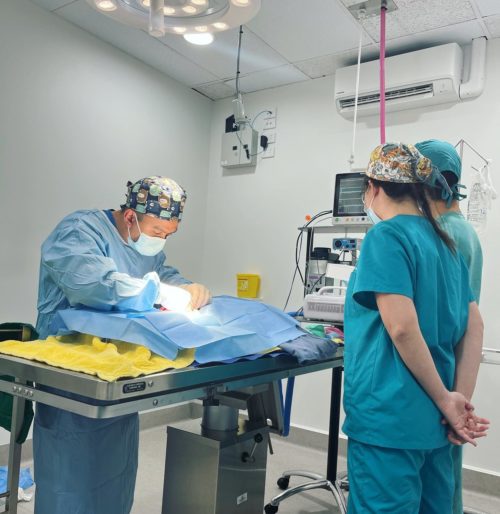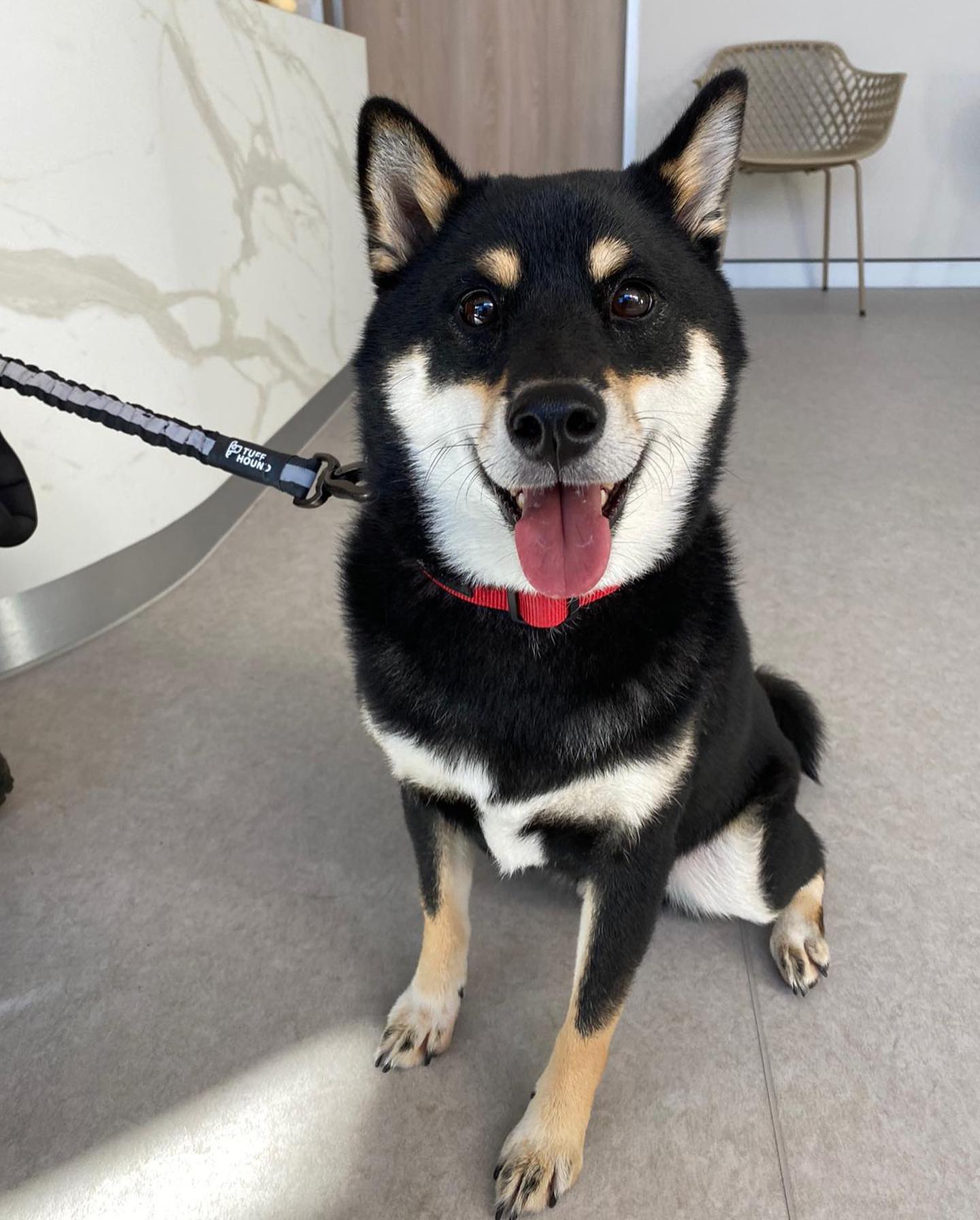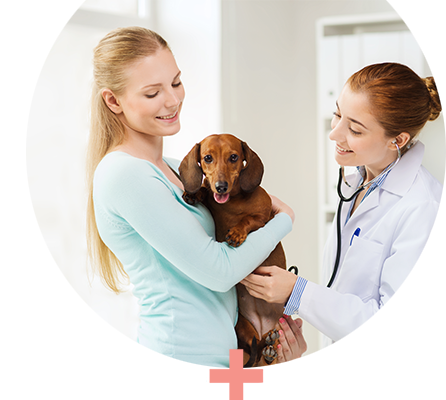It’s no surprise that when your pet requires surgery of any kind, it can be a stressful time for both you and your beloved pet. Being prepared for surgery is one of the most important things you can do is make sure your pet is as comfortable as possible. This includes both physically and emotionally. Here are some tips on preparing your dog for surgery:
Tips on preparing your dog for surgery
When preparing your dog for surgery, there are a few things you can do to help make the process easier for both of you. One of the most important is to keep your dog calm and comfortable. This may include:
- Keeping them away from noise and stress as much as possible in the days leading up to surgery
- Making sure they have a comfortable place to rest
- Providing plenty of water and food up until the day before surgery
- Not allowing them to exercise strenuously in the days before surgery
In addition, you should make sure all of your dog’s vaccinations are up to date and discuss any potential health risks with your veterinarian. If your dog takes medication regularly, be sure to discuss this with your vet as well. Doing all of this will help ensure your dog has a smooth surgery and recovery making your pets after-surgery care much easier

How to prepare dog for spay or neutering (desexing)
Preparing your dog for surgery is important to ensure a smooth and safe procedure. There are a few things you can do to help prepare your dog for any kind of surgery:
Make sure your pet is clean
Give your furry little friend a bath the night before your surgery to ensure they have clean skin & fur.
Fasting
Feed your pet their normal meal the night before surgery. Make sure after midnight they do not have access to any food. This includes breakfast or any treats in the morning before surgery.
Keep Them Calm
Surgery can be a stressful time for both you and your pet. It’s important to keep them calm and relaxed while remembering to remain calm youself. Your pet is in good hands.
Vaccinations
Making sure your pet’s vaccinations are all up to date is important to keep them healthy, especially when visiting a vet clinic.
Additional instruction – Make sure to follow any extra instructions provided by your veterinarian. There could be extra steps depending on the surgery.
Once you’ve followed these steps and it’s come to the time for your pet’s surgery bring your dog to the veterinarian for a pre-operative examination. From here the surgery will commence and your vet will advise of the next steps for you to take for the day, and the aftercare once you take your friend home.
Do veterinarians perform surgery?
A wide variety of veterinarians can perform surgeries, while not every vet specialises in all surgery areas and their procedures offered may differ. They are highly skilled and have the proper training to ensure that your pet is safe and healthy during and after surgery.
If your pet needs surgery, you will likely need to take them to a veterinarian. Veterinary hospitals have the necessary equipment and staff to perform surgery on your pet.
What types of surgery do vets perform on dogs?
There are many different types of surgery that veterinarians can perform on dogs. Some of the most common surgeries include:
- Spaying or neutering
- Dental work
- Tumour removal
- ACL & Ligament repairs
- TPLO Surgery
- TTA Surgery
- DeAngelis Surgery

Why should you visit Plus One Vet for your dog’s surgery needs?
At Plus One Vet, we understand how important your pet is to you and we are committed to providing the best possible care for them. Our Vets specialise in surgery with a speciality in soft tissue surgery.
Dr Leo Wong and the team are here to help your pet through any surgery that they may require. We focus on educating you as to how best to care for your beloved pet so that both you and your pet can be comfortable and looked after when surgery is required.
Contact us today or Book your appointment online if you’re pet is in need of surgery or just wants to visit our friendly team for their checkup



